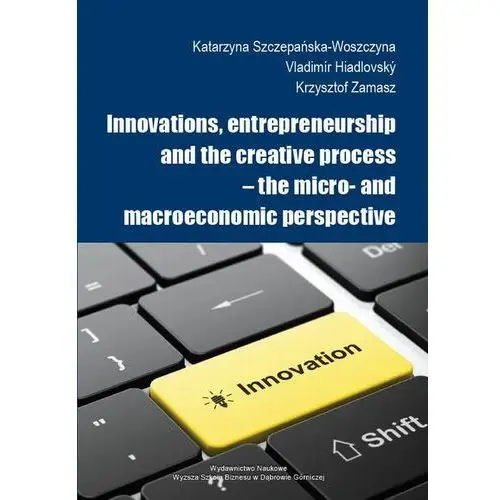Revolutionary changes in economy, progressive globalization of the world of innovation, greater openness of societies, migration processes, large social mobility and unlimited relations aby means of technological tools, developed for only a few years, focus on soft management tools such as quality and culture open new innovation opportunities – they constitute a valuable chance that is possible to use broadly because the opportunities create resources of new knowledge being a perfect innovative potential.
The degree to which knowledge is processed into innovations depends on the creativity and people’s entrepreneurship, organization and societies. At the same time entrepreneurial development with a high level of innovation, investment, but also effects is of particular importance.
The views of J. Schumpeter, formulated in the first half of the twentieth century, and then P. Drucker’s views from the 1980s undoubtedly had the greatest impact on the contemporary understanding of innovation processes and their importance to the enterprise.
J. Schumpeter saw the essence of innovation in the changes of “significant scope”, disrupting the existing equilibrium and creating a new “combination of production factors.” With these innovations entrepreneurs achieve above-average returns, making economy more dynamic.
Product innovations, new processes and new forms of organization and management are especially important. Thanks to them, entrepreneurs may not only overcome barriers more easily to enter the market, but it is also easier for them to rival the existing competition.





















